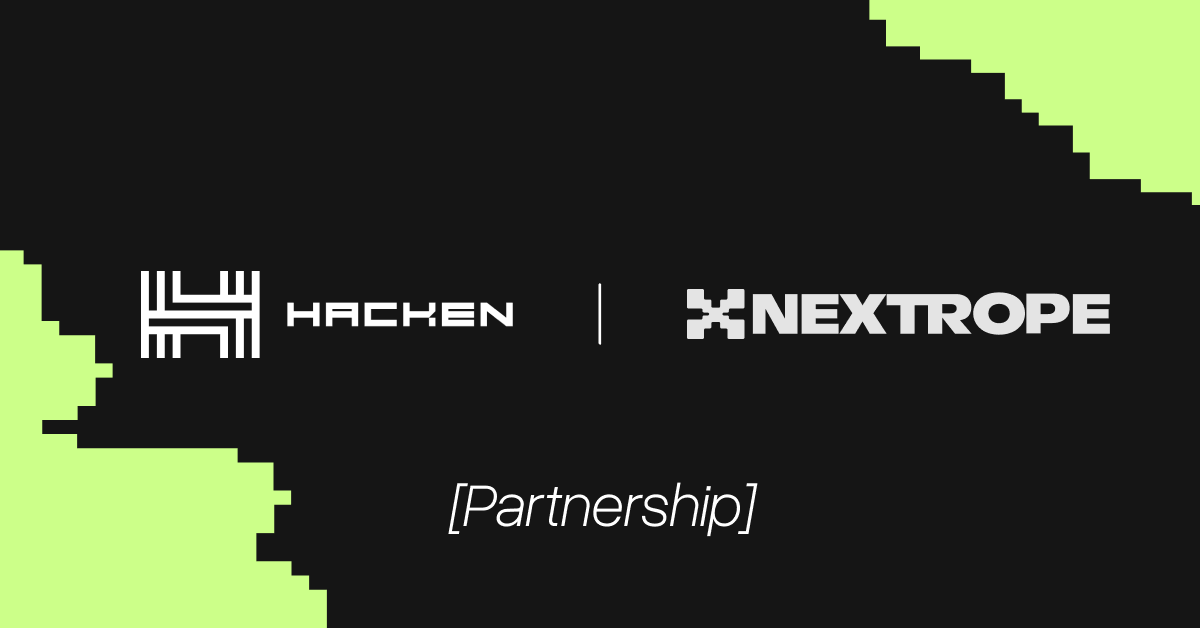
If you’re evaluating tokenization platforms right now, you already know the landscape has shifted. MiCA is live, the GENIUS Act is signed, and institutional demand for compliant token issuance has moved from “innovation lab” to “board agenda.” The question is no longer whether to tokenize but how to ship a platform that holds up in […]














